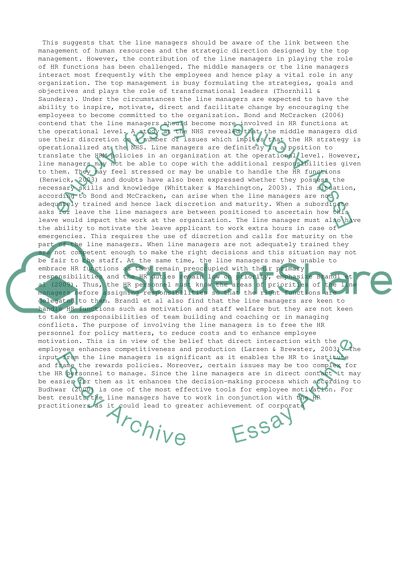Cite this document
(“H.R. and line managers interaction Essay Example | Topics and Well Written Essays - 1250 words”, n.d.)
H.R. and line managers interaction Essay Example | Topics and Well Written Essays - 1250 words. Retrieved from https://studentshare.org/management/1438127-hr-and-line-managers-interaction
H.R. and line managers interaction Essay Example | Topics and Well Written Essays - 1250 words. Retrieved from https://studentshare.org/management/1438127-hr-and-line-managers-interaction
(H.R. And Line Managers Interaction Essay Example | Topics and Well Written Essays - 1250 Words)
H.R. And Line Managers Interaction Essay Example | Topics and Well Written Essays - 1250 Words. https://studentshare.org/management/1438127-hr-and-line-managers-interaction.
H.R. And Line Managers Interaction Essay Example | Topics and Well Written Essays - 1250 Words. https://studentshare.org/management/1438127-hr-and-line-managers-interaction.
“H.R. And Line Managers Interaction Essay Example | Topics and Well Written Essays - 1250 Words”, n.d. https://studentshare.org/management/1438127-hr-and-line-managers-interaction.


